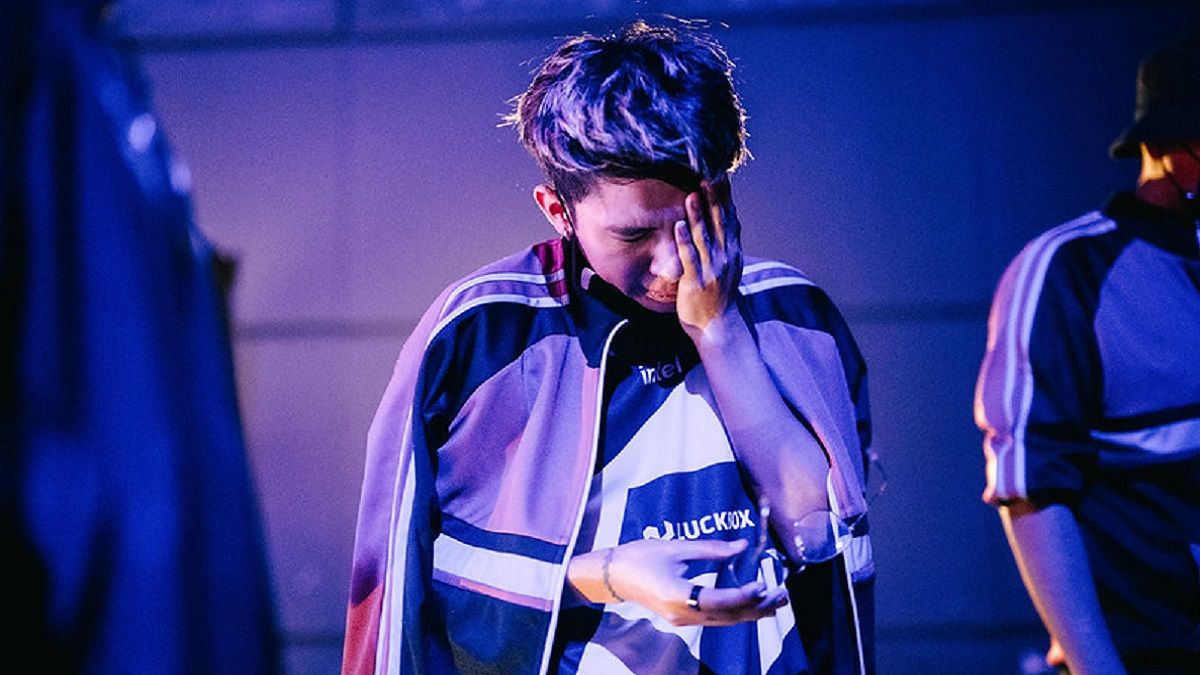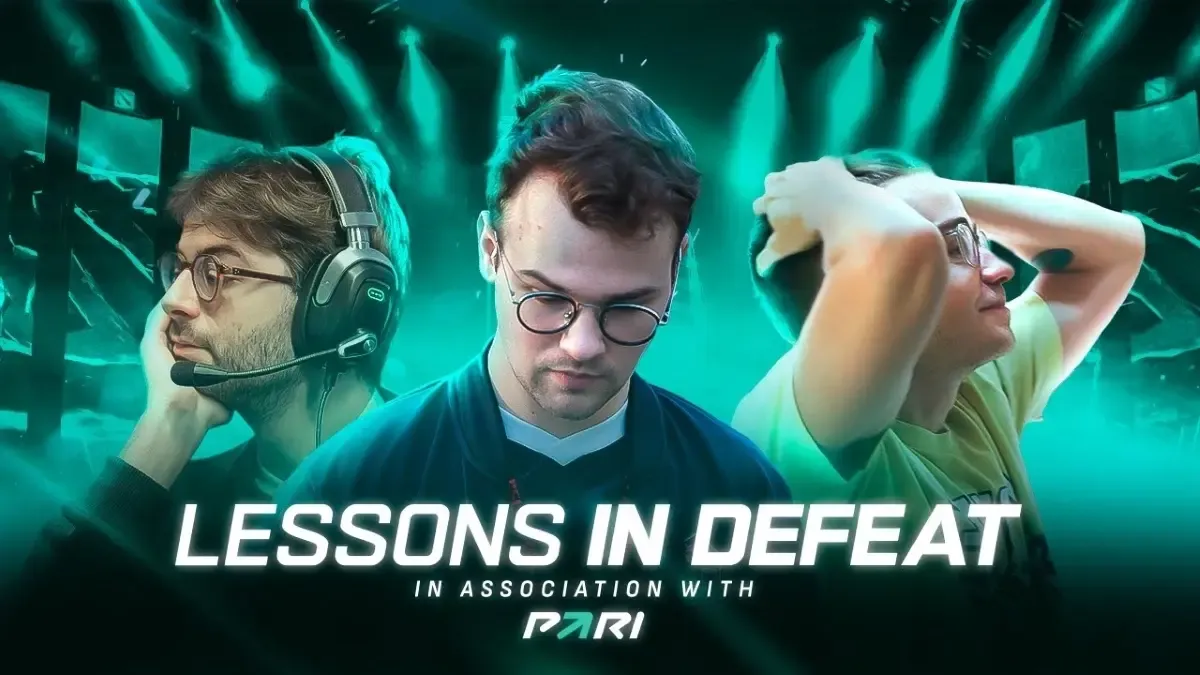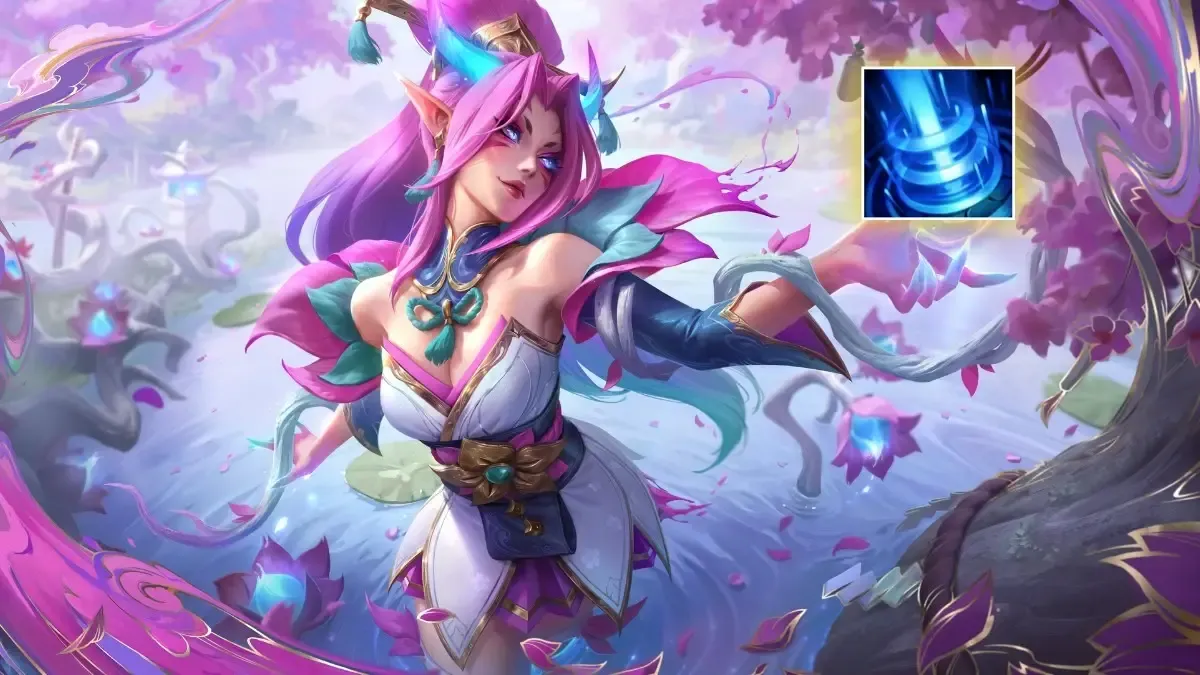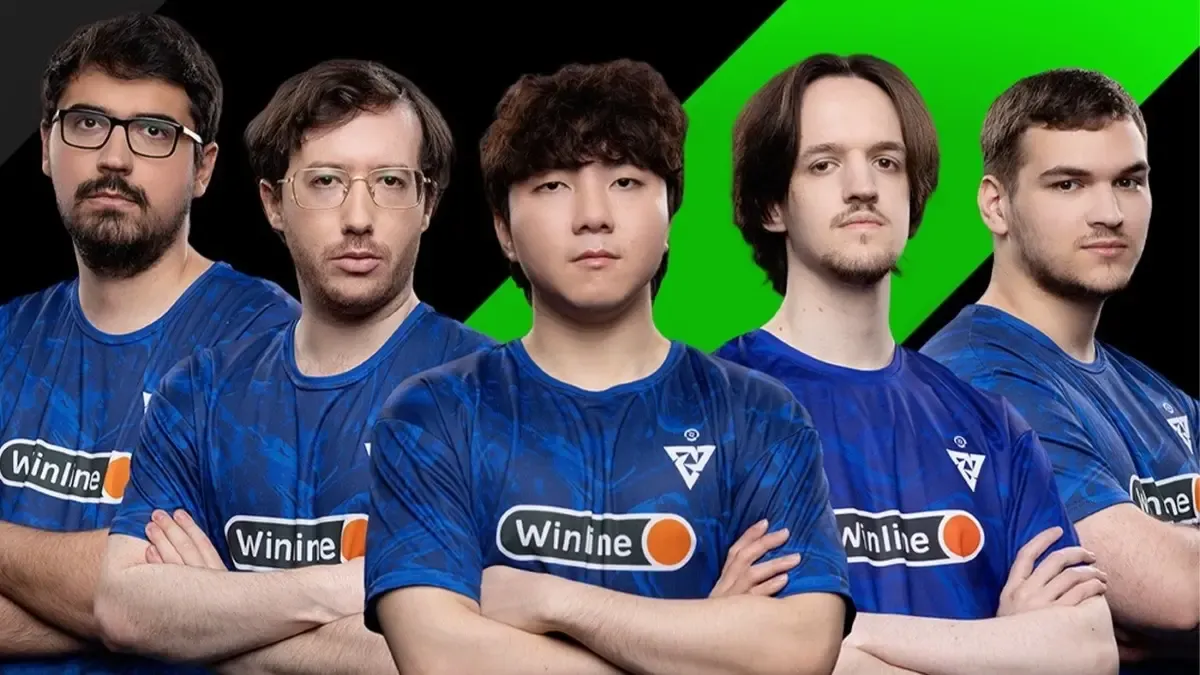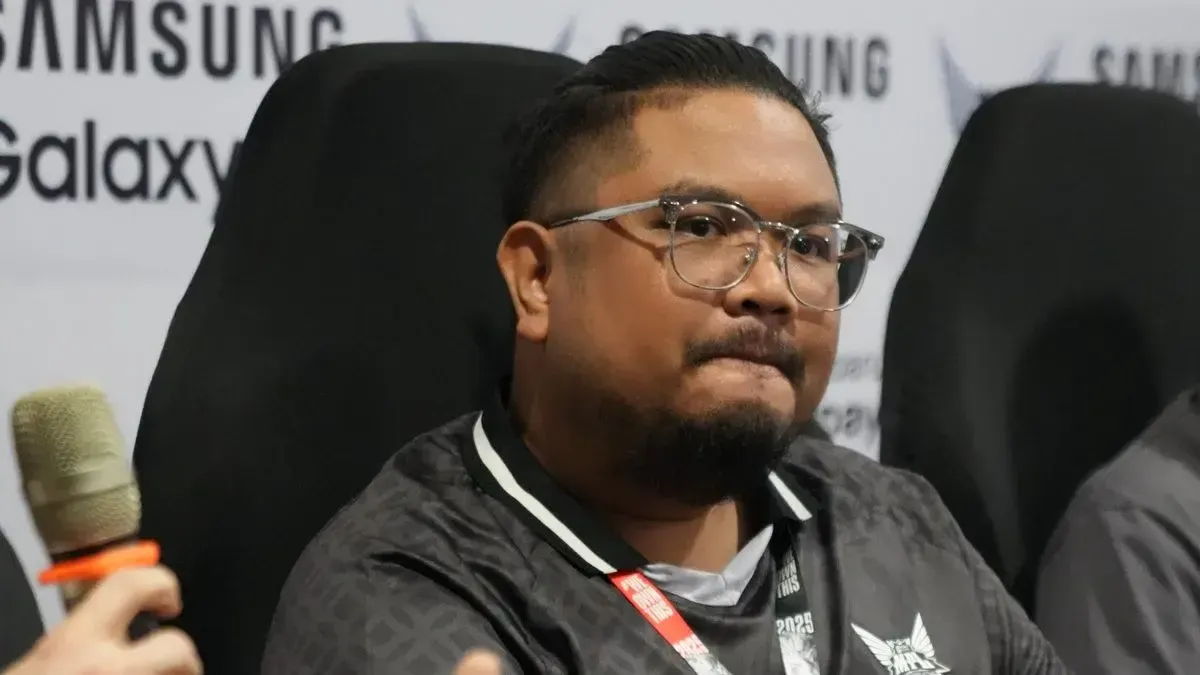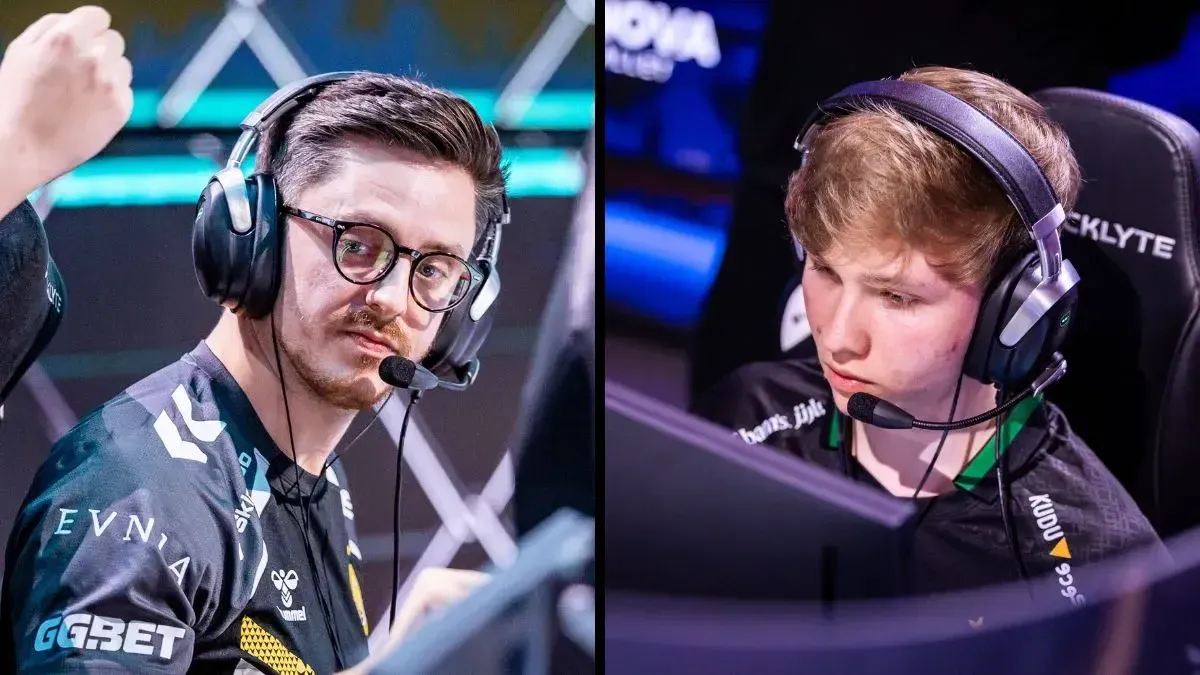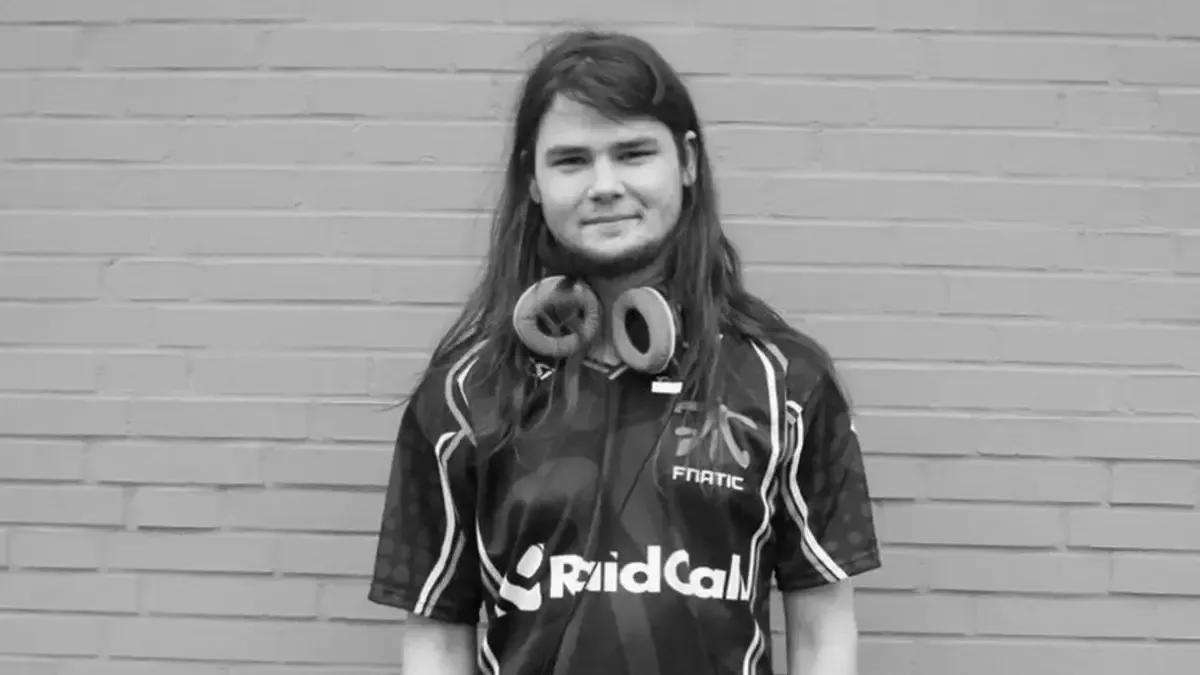Mental Health concerns are very much an issue for professional players in esports, so should orgs and developers be more involved in addressing it?
Mental health issues and concerns have been on the rise over the last few years. In 2022, WHO launched the World Mental Health Report: Transforming Mental Health for All. Mental health conditions are also worsening worldwide, with there being a 13% rise in mental health conditions and substance use disorders in the last decade alone.
A few years ago, the gaming world was shocked when Byron ‘Reckful’ Bernstein, popular Twitch Streamer, died at age 31 by suicide. Reckful struggled with mental illness, was diagnosed with bipolar disorder, and often battled depression, which he publicly discussed on his streams. He was the first player that appeared on Dr. Alok "Dr. K" Kanojia's weekly streams on Twitch, which involve gamers discussing the various mental health issues they grapple with.
He was neither the first nor last case of suicide to rock the gaming world, unfortunately.
Allegations of the mistreatment of League of Legends star Kyle "Danny" Sakamaki, who stepped down from their LCS team in September 2022 due to mental health issues, came to the surface only a few months ago.
Even more recently, fans became aware of the situation regarding the Professional VALORANT player for Sentinels, Hunter “SicK” Mims’ second arrest within a month related to some mental health concerns. It is strangely timely that his condition is being publicized and brought to light during May, which is Mental Health Awareness Month.
All too often there is a relationship and correlation between mental health decline/status and professional careers. Mims and Sakamaki are not the only players who have experienced an increase in mental health symptoms while competing professionally.
The pressures and sudden rise to fame of players who seem to be getting younger and younger in esports easily exasperate underlying problems. And sadly, there is often little to no professional help or attention paid to these issues until either careers are thwarted, the public becomes aware of the crisis or players end up in worse conditions.
According to research conducted by Arsh Goyal regarding Sakamaki,
"(...) the most negligent thing EG did (of many) was the arrogant assumption that its mental health infrastructure was sufficient. I found that the people involved with and in charge of EG’s LCS staff were woefully ill-equipped to handle mental health crises — warning signs were missed and lines were crossed because no one knew any better."
In both Evil Geniuses/Sakamaki's and Sentinels/Mims’ cases, the organizations seem to have made some superficial attempts to seek some help for the players.
There are some resources available with psychological services for organizations, but just like in traditional sports, teams are seeking out something or someone else that will give them a competitive edge. Many times a team psychologist is filling the role of emotional wellness pertaining to competing specifically.
OG's former psychologist, Mia Stellberg's work ranged from serving as the coach’s support to addressing individual players and their reactions to stress and tempering emotions.
“I like to teach the players a lot about controlling their emotions so that they are more rational instead of emotional. If you have a lot of emotions, that might sometimes conflict the game itself.”
Na'Vi has utilized the services of a coach, analyst, and psychologist at their live-in boot camps to arm players with all of the necessary tools to create a winning atmosphere and mentality. But it seems that these organizations are not fully addressing the full scope of mental health concerns or recognizing when a player needs more intensive services outside of the competition or gameplay.
And what about players who are on teams with much smaller budgets or those who have none at all to retain the services as needed? Should the game developers take more of an active role and responsibility in helping to ensure that the players who are representing the game and the professional community are given ample and sufficient networking of services and treatment as needed for mental health and support during their careers?
Mental health care is crucial for anyone in need of services and even more so for those who are young, vulnerable, and potentially without access to these services on their own.
A new study found that top esports players are facing the same level of mental health issues as athletes. Researchers at the universities of Winchester and Chichester said that improving the well-being of gamers should be made a priority as it is for other professional sports including football.
"Findings provide preliminary evidence to address the specific stressors, including personal concerns and in-game pressure, that are associated with aspects of mental ill health, which have meaningful implications for the prediction of long-term mental health in esports athletes."
We don't have to look far to find an example of how things can be done. Take the case of the MLB organization LA Dodgers who re-signed Andrew Toles FIVE YEARS after he last played, in order to continue providing health insurance to the 30-year-old diagnosed with bipolar disorder and schizophrenia. This was following his 2020 arrest for sleeping outside an airport.
Not only is this a move that has been positively received and applauded by the public and other players in the industry, but an example of how to care for individuals.
It would be beneficial and highly welcome for organizations and game developers to take notes and commit to action of a similar nature.

